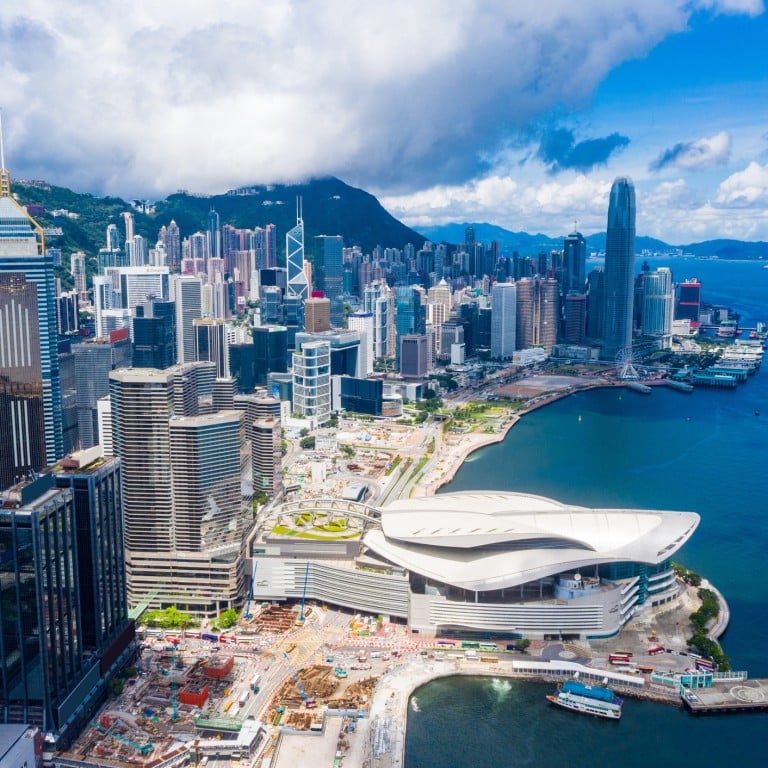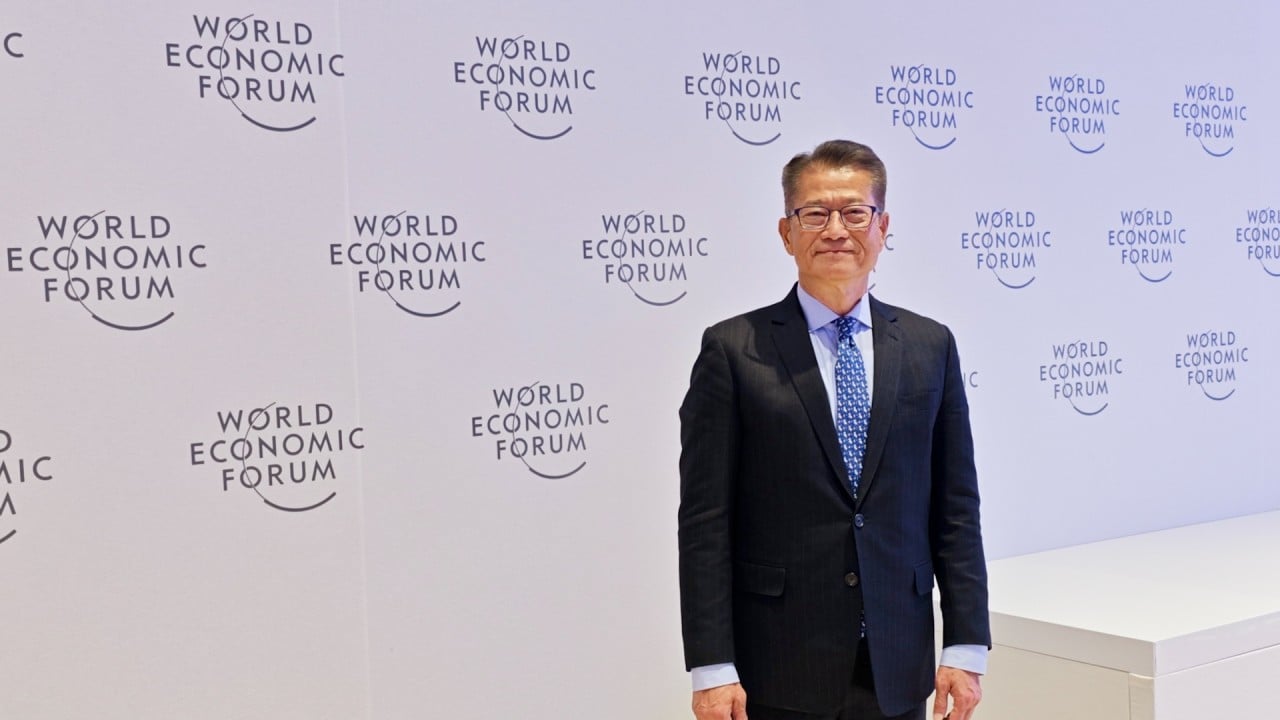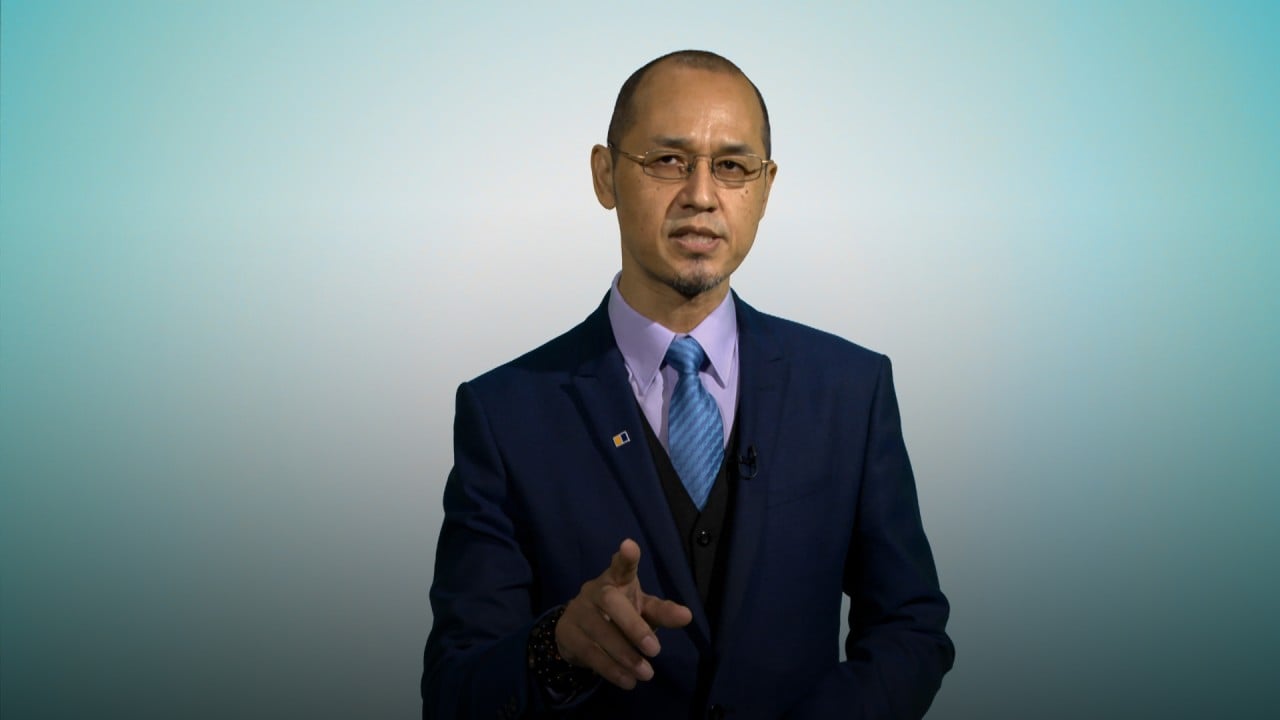
A long-complacent Hong Kong must ditch outdated formulas to move forward
- We have for too long relied on the opportunities facilitated by our close mainland ties, leaving us vulnerable
- Hong Kong must recalibrate its trajectory, diversify its economy and secure a sustainable future in the global arena
The Policy Dialogue Series was launched under the auspices of the University of Science and Technology and Education University in 2018 to address Hong Kong’s complex issues and public policy challenges. It is deeply rooted in knowledge-sharing and pursuing open and constructive dialogue, fostering collaboration and innovation, proposing practical solutions and encouraging trade investment.
I was invited to attend the sixth edition. The theme explored Hong Kong’s capacity to maintain and develop as a vibrant and liberal channel between mainland China and the international community in an increasingly polarised world.
Like the rest of the world, Hong Kong has undergone significant change, but it remains a vital bridge between the East and West. However, it is imperative that we understand and adapt to the requirements and demands of those with whom we seek to connect in this changing environment.
These aggravating factors created a perfect storm, forcing business and political leaders to reassess, reimagine and embark on a process of reinvention to safeguard our economic future and the well-being of all our citizens.
It has become evident that, over the years, we have grown complacent, relying heavily on the vast opportunities and financial gains facilitated by our close ties with mainland China. However, this overreliance has left us vulnerable and exposed to the risks associated with being heavily dependent on a single market.
What is apparent is that we can no longer rely on outdated formulas. This critical moment demands that we seize the opportunity to reassess our approach, identify areas for improvement and implement the necessary changes across various sectors without delay.
Hong Kong’s entrepreneurial spirit is alive and kicking – but needs support
Fostering a culture of innovation, entrepreneurship and risk-taking is crucial. We must invest more in education and talent development to equip our workforce with the skills and knowledge needed to thrive. Simultaneously, we should streamline regulations, reduce bureaucracy and encourage a business-friendly environment by supporting start-ups and small businesses.
Embracing sustainability and green initiatives will also play a vital role in positioning Hong Kong as a leader in sustainable development and in attracting environmentally conscious businesses and investors. We have the capacity to innovate.
As we move forward, our younger generations must understand and recognise the significance of their role in shaping the future and the need for their active involvement and commitment in driving progress.
The good news is that the crisis is forcing us to take bold and decisive actions. Hong Kong can recalibrate its trajectory, diversify its economy and secure a prosperous and sustainable future in the global arena.
Bernard Chan is a Hong Kong businessman and former Executive Council convenor



